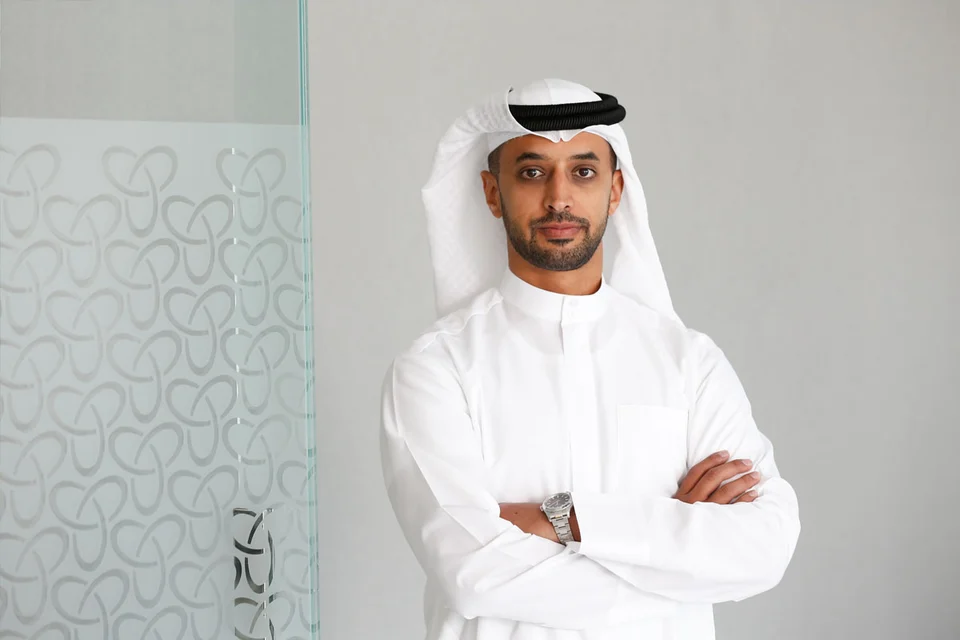
During the 55th annual meeting of the World Economic Forum (WEF/Davos 2025), the UAE Minister of Economy, Abdulla bin Touq Al Marri, emphasized at the session titled "Hard Truths: A Wake-Up Call for Business in a Transforming Global Economy" that 200,000 new economic licenses were issued in the UAE market in 2024. This figure highlights the dynamism and attractiveness of the UAE economy.
Minister Al Marri stressed the vital role of the private sector in fostering national economic growth and enhancing regional and international competitiveness. He noted that the UAE has, for many years, integrated the private sector into various national strategies and initiatives, thereby establishing a unique and successful public-private partnership model across the country. This cooperative model has injected new vitality into economic development.
The session explored how global tensions are impacting the private sector, prompting businesses to reassess their strategies to strengthen their tools and implement sustainable practices to address regional and international economic challenges. Discussions also focused on how to improve profitability across various economic sectors, and emphasized the need to provide more incentives and support to encourage entrepreneurs to achieve significant growth and expand into important and sustainable areas. These measures are aimed at fostering economic diversification and sustainable development.
Minister Al Marri stated, "The UAE has adopted a forward-looking approach, establishing a dynamic and competitive economic legislative framework based on global best practices. Over the past four years, the UAE has enacted and updated more than 30 key economic laws, policies, and resolutions, focusing on emerging and future-oriented sectors such as e-commerce, arbitration, commercial transactions, family businesses, and cooperatives. These initiatives have made the UAE a more attractive destination for global businesses and entrepreneurs, solidifying its position as a regional and global hub for commerce and investment."
Minister Al Marri further pointed out, "The UAE provides the necessary enablers and resources for the private sector to boost its contribution to non-oil sectors. This includes allowing 100% foreign ownership of companies, providing advanced technological infrastructure, streamlining business establishment processes through digital platforms, and offering over 40 free zones with attractive incentives. Additionally, the UAE provides long-term residency options ranging from five to ten years for investors, entrepreneurs, and technology professionals, along with over 2,000 economic activities with reduced tariffs."
At the World Economic Forum 2025, Minister Al Marri highlighted that global economic risks—such as protectionist policies, increased trade tensions, and supply chain disruptions—are reducing investment opportunities, hindering companies' operational efficiency, and lowering productivity. To address these challenges, he called for flexible economic strategies focusing on emerging industries, enhancing economic openness, and supporting the multilateral global economic system, particularly given that growth in emerging markets and developing economies is expected to outpace that of developed economies, underscoring the necessity of inclusive growth strategies.
The Minister of Economy explained that the UAE views technology as a crucial tool for overcoming future challenges. The country actively encourages investment in new economic sectors such as artificial intelligence, fintech, and digital infrastructure, while developing innovative solutions and policies to drive the UAE's economic growth and competitiveness. Over the past four years, the UAE has established more than 25 economic joint committees with regional and global countries, solidifying its position as a trusted global partner and an attractive economic hub, aligning with the “We the UAE 2031” vision.



















